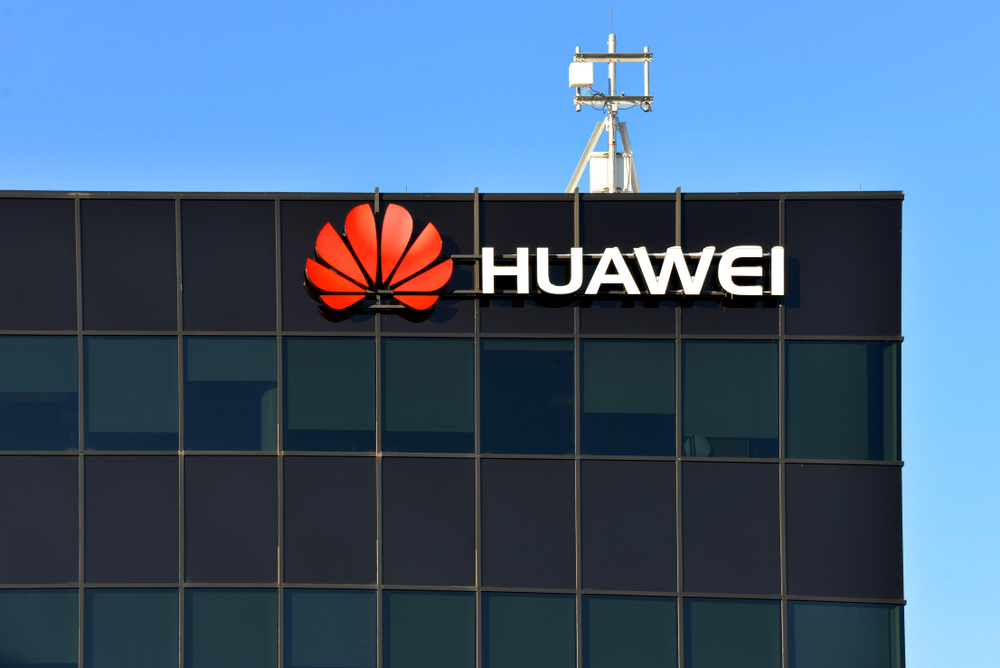Huawei founder Ren Zhengfei revealed on Tuesday at a press conference that a US company had walked away from a deal to buy his firm for USD 10 billion more than a decade ago.
“We had signed the contract and gone through all the formalities, and all we were waiting was for that company’s board of directors to sign off on the deal,” Ren said, adding that they were all wearing floral shirts, hanging out by the beach, and waiting for final approval.
But the arrangement fell through eventually, because the would-be buyer’s “board of directors reshuffled and turned down this acquisition deal,” according to Ren.
Though Ren did not mention the US company by name, he was most likely referring to a failed USD 7.5 billion deal—not one valued at USD 10 billion—with Motorola in 2003. At the time, Huawei was a much smaller, relatively unknown telecommunications equipment vendor. Both sides had signed a letter of intent, but the buyout was called off because Motorola’s new board of directors “fretted over what it saw as a high price for an unknown foreign quantity,” according to the Financial Times.
Since then, Huawei has gone on to become the world’s largest telecoms equipment provider and the second largest smartphone maker. Its annual revenue for 2018 reached USD 107 billion. Motorola, meanwhile, lost its status as an industry leader and sold its handset business to Google in 2011.
